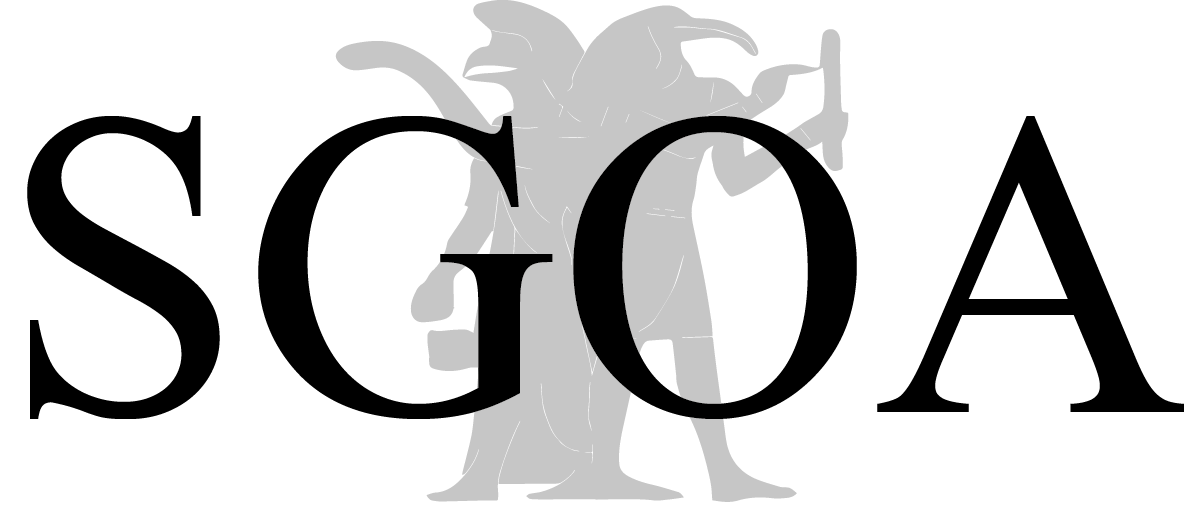Statutes of the Swiss Society for Ancient Near Eastern Studies (SGOA = Schweizerische Gesellschaft für Orientalische Altertumswissenschaft).
Article 1
The Swiss Society for Ancient Near Eastern Studies is a society in the sense of Art. 60 ff. of the Swiss code of civil law. Its purpose is to promote Ancient Near Eastern studies and its areas of specialization within Switzerland. It provides individual scholars and anyone interested with possibilities to exchange ideas and informations. It communicates with government authorities on behalf of the scientific fields of Ancient Near Eastern studies.
Article 2
Anyone interested in Ancient Near Eastern studies or a specialized area thereof may become a member.
Article 3
At least once in every two years, the society organizes a scientific conference that, as far as possible, respects the interests of all involved disciplines. Additionally, more specified events, which focus on certain topics or single fields of studies, are conducted as well.
Article 4
The organs of the society are:
- the general assembly
- the board
- the financial reviewers
Article 5
The board must convene the general assembly every two years. A tenth of the members may demand the convention of an extraordinary general assembly.
Article 6
The tasks of the general assembly especially include:
- the election of the board and the financial reviewers
- the determination of the annual fee
- the approval of the board’s annual report and the annual budget
- the revision of the statutes
- the resolution on the society’s activities.
Article 7
The board consists of the president, the secretary (simultaneously vice president), the cashier and two to four assessors. The general assembly elects the board for four years. Re-election is possible. The president is determined by the general assembly. On other occasions, the board constitutes itself.
Article 8
The board is responsible for the general management of the society, especially the preparation of the scientific events and the general assembly. It acts on behalf of the society towards third parties.
Article 9
In order to review the budget, two financial reviewers are elected by the general assembly.
Article 10
The board decides on the acceptance of new members and notifies the general assembly. In disputable cases, final decisions are taken by the general assembly.
Article 11
A member may be excluded through a motion of the board, which is approved by two thirds of the members present at the general assembly.
Article 12
The statues may be altered through a majority vote in the general assembly. Motions regarding an alteration of the statutes must be communicated to the members three weeks ahead of the assembly.
Article 13
A motion towards the society’s dissolution may be passed by the general assembly with a majority of two thirds of the members present. Existing assets are to be used in the spirit of the society’s purpose.
